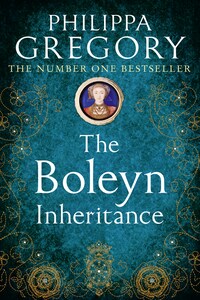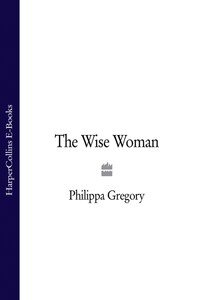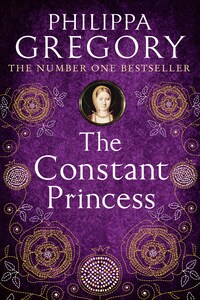Published by HarperCollinsPublishers Ltd
The News Building
1 London Bridge Street
London SE1 9GF
www.harpercollins.co.uk
First published in Great Britain by HarperCollinsPublishers 2004
This edition published by Harper 2017
Copyright © Philippa Gregory Ltd 2004
Cover design and illustration: Holly Macdonald © HarperCollinsPublishers Ltd 2017
Cover image © Philip Mould Ltd, London / Bridgeman Images (portrait of Elizabeth I, c.1595, Hilliard, Nicholas (1547-1619) / Private Collection / Photo).
FRONTISPIECE: Cecil’s note of Reasons against the Earl of Leicester
(CP 155/28) reproduced by courtesy of the marques of Salisbury
Philippa Gregory asserts the moral right to be identified as the author of this work.
A catalogue copy of this book is available from the British Library.
This novel is entirely a work of fiction. The names, characters and incidents portrayed in it are the work of the author’s imagination. Any resemblance to actual persons, living or dead, events or localities is entirely coincidental.
All rights reserved under International and Pan-American Copyright Conventions. By payment of the required fees, you have been granted the non-exclusive, non-transferable right to access and read the text of this e-book on screen. No part of this text may be reproduced, transmitted, down-loaded, decompiled, reverse engineered, or stored in or introduced into any information storage and retrieval system, in any form or by any means, whether electronic or mechanical, now known or hereinafter invented, without the express written permission of HarperCollins.
Source ISBN: 9780007147311
Ebook Edition © December 2016 ISBN: 9780007370160
Version: 2017-01-23
All the bells in Norfolk were ringing for Elizabeth, pounding the peal into Amy’s head, first the treble bell screaming out like a mad woman, and then the whole agonising, jangling sob till the great bell boomed a warning that the whole discordant carillon was about to shriek out again. She pulled the pillow over her head to shut out the sound, and yet still it went on, until the rooks abandoned their nests and went streaming into the skies, tossing and turning in the wind like a banner of ill omen, and the bats left the belfry like a plume of black smoke as if to say that the world was upside down now, and day should be forever night.
Amy did not need to ask what the racket was for; she already knew. At last, poor sick Queen Mary had died, and Princess Elizabeth was the uncontested heir. Praise be. Everyone in England should rejoice. The Protestant princess had come to the throne and would be England’s queen. All over the country people would be ringing bells for joy, striking kegs of ale, dancing in the streets, and throwing open prison doors. The English had their Elizabeth at last, and the fear-filled days of Mary Tudor could be forgotten. Everyone in England was celebrating.
Everyone but Amy.
The peals, pounding Amy into wakefulness, did not bring her to joy. Amy, alone in all of England, did not celebrate Elizabeth’s upward leap to the throne. The chimes did not even sound on key to her. They sounded like the beat of jealousy, the scream of rage, the sobbing shout of a deserted woman.
‘God strike her dead,’ she swore into her pillow as her head rang with the pound of Elizabeth’s bells. ‘God strike her down in her youth and her pride and her beauty. God blast her looks, and thin her hair, and rot her teeth, and let her die lonely and alone. Lonely and alone, like me.’
Amy had no word from her absent husband: she did not expect one. Another day went by and then it was a week. Amy guessed that he would have ridden at breakneck pace to Hatfield Palace from London at the first news that Queen Mary was dead. He would have been the first, as he had planned, the very first to kneel before the princess and tell her she was queen.
Amy guessed that Elizabeth would already have a speech prepared, some practised pose to strike, and for his part Robert would already have his reward in mind. Perhaps even now he was celebrating his own rise to greatness as the princess celebrated hers. Amy, walking down to the river to fetch in the cows for milking because the lad was sick and they were short-handed at Stanfield Hall, her family’s farm, stopped to stare at the brown leaves unravelling from an oak tree and whirling like a snowstorm; southwest to Hatfield where her husband had blown, like the wind itself, to Elizabeth.
She knew that she should be glad that a queen had come to the throne who would favour him. She knew she should be glad for her family, whose wealth and position would rise with Robert’s. She knew that she should be glad to be Lady Dudley once more: restored to her lands, given a place at court, perhaps even made a countess.













